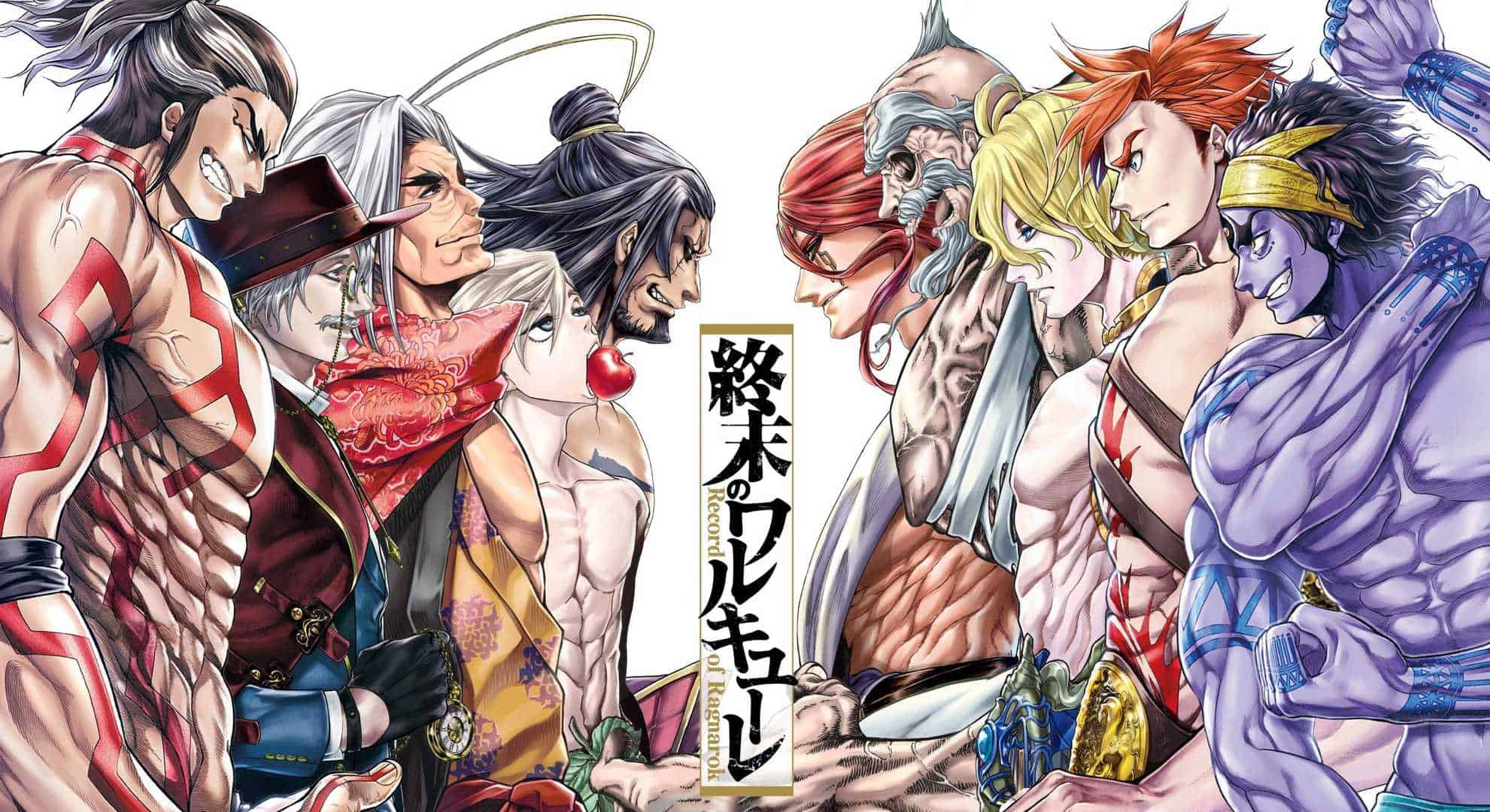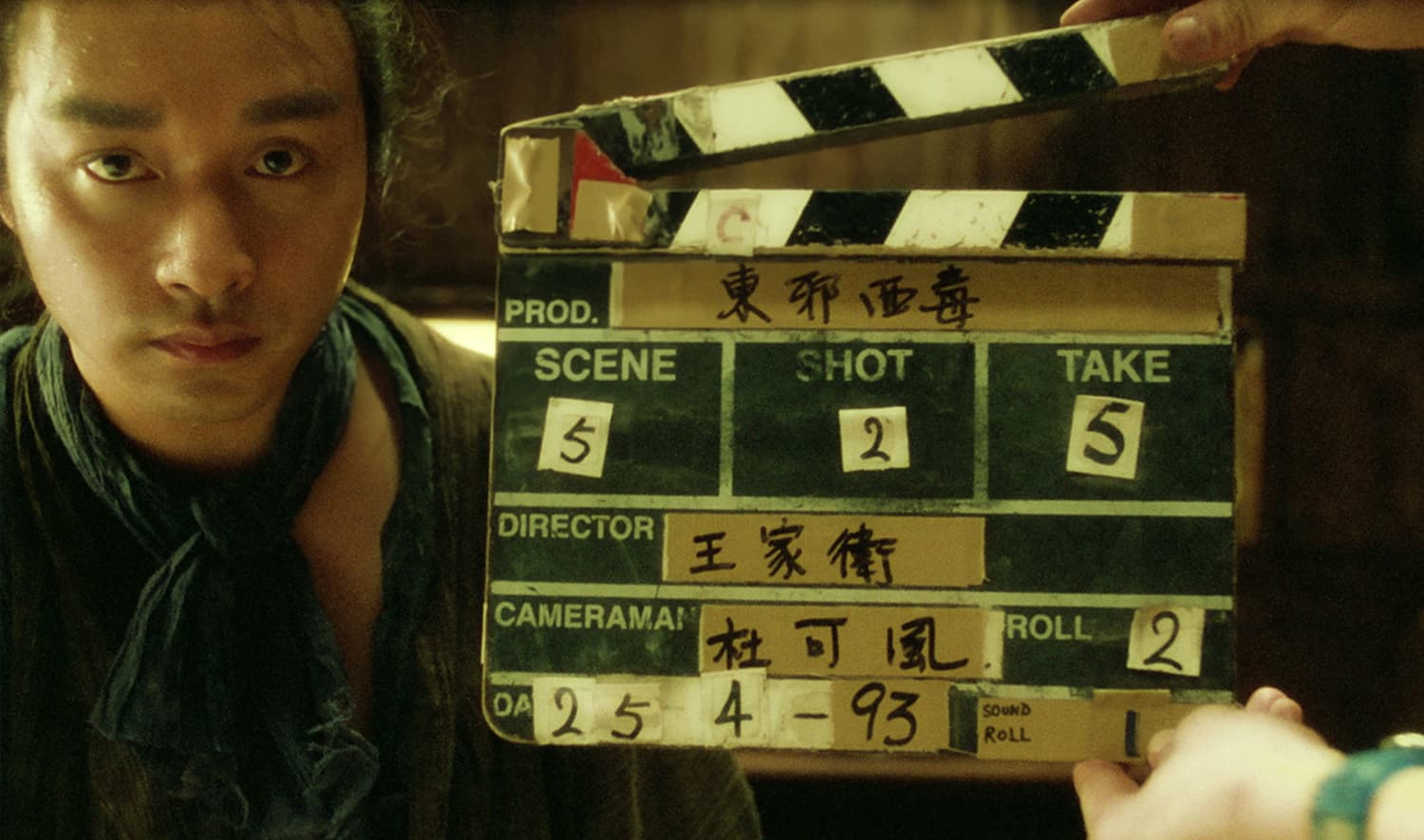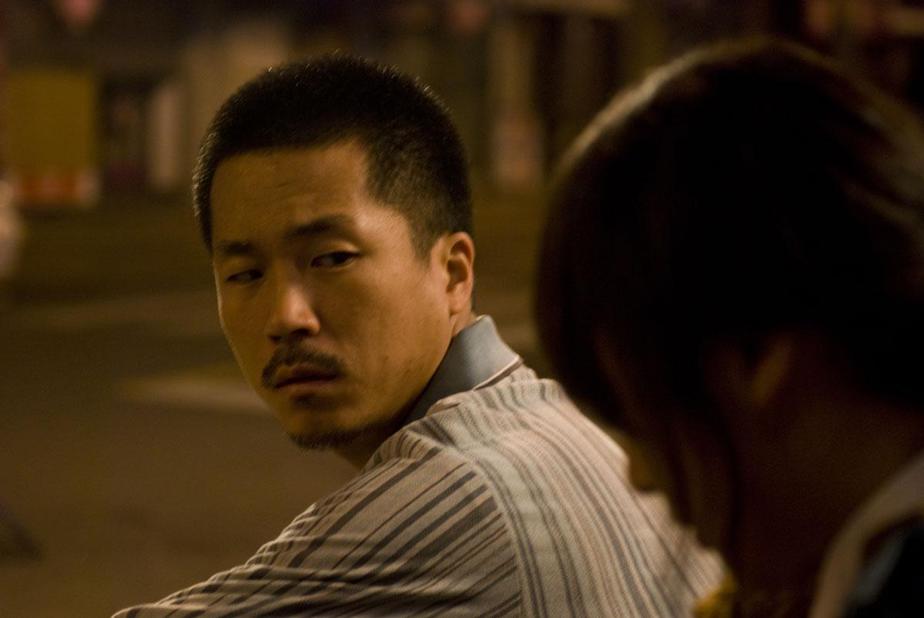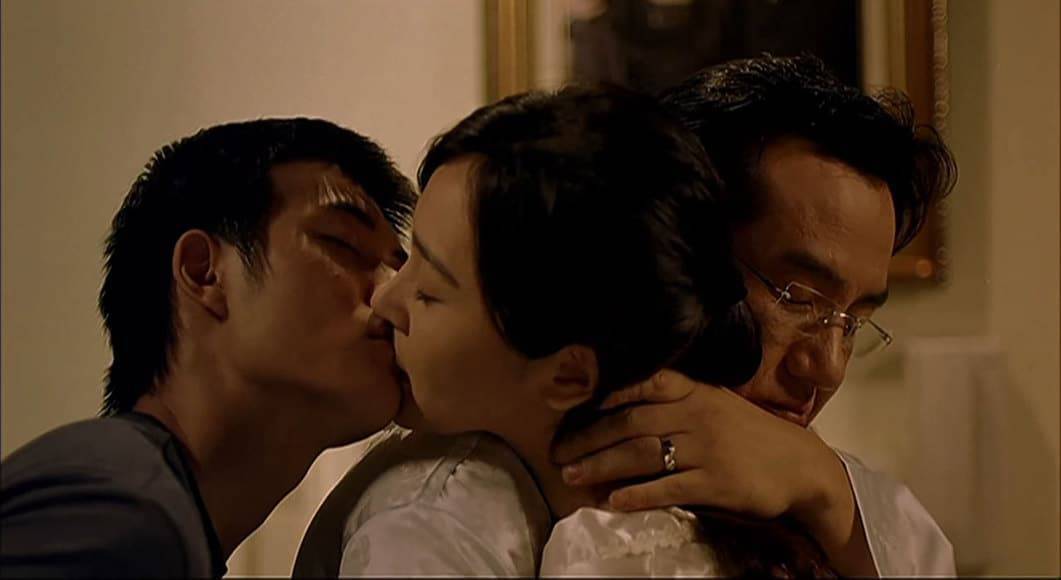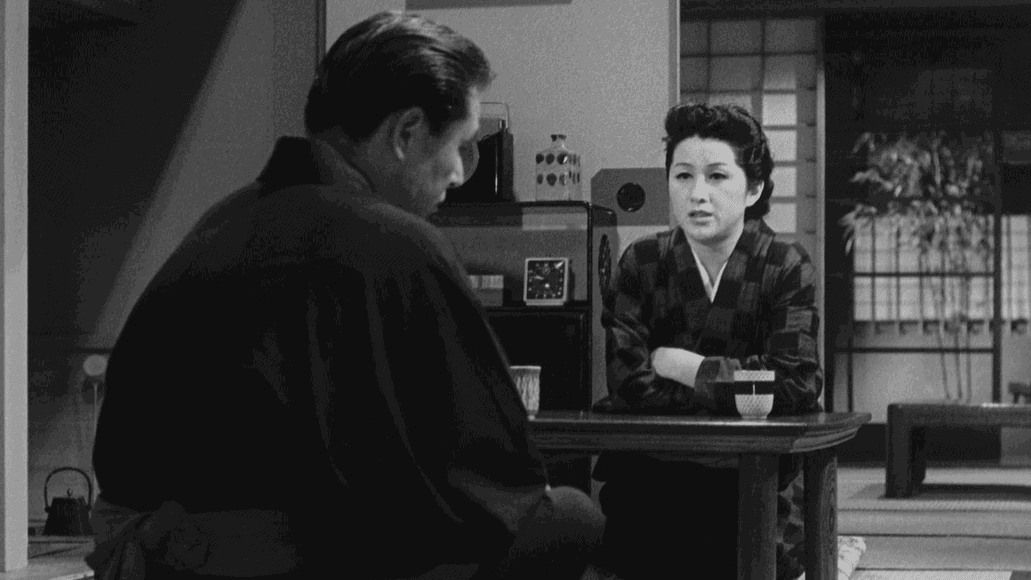Sunny Chang graduated in script-writing from The Hong Kong Academy for Performing Arts and since then has been working in the Hong Kong film industry as a script-writer (“Funeral March”, “Three of a Kind”, “Monster Hunt 2”), often collaborating with director Joe Ma. “Men on the Dragon”, produced by One Cool Picture, is his first film on the director's chair. He wrote the script in 2004 and slowly collected experience and all the elements to realize it.
A true explorer of human compulsions and feelings, Sunny also writes love columns in Hong Kong, where he probably finds lots of inspirations and knowledge of what men and women think.
Tony Wu Tsz Tung is a real-life baseball athlete and was discovered by director Steve Chan Chi-fat while casting for his “Weeds on Fire”. His, role in this film won Tony the Hong Kong Film Award for Best New Performer.
On the occasion of the screening of the film “Men on the Dragon” at the BFI as part of Chinese Visual Festival New Year Celebrations, we talked to Sunny and Tony about the film, working with big stars, the athletic preparation, and many other topics.

Director Chan “Men on the Dragon” is your directorial debut but you worked a lot as a scriptwriter before, so in which way your previous experience helped you in your first film as a director? What did you learned watching other directors treating your scripts?
Sunny Chan: As a scriptwriter, the most important thing is to explore conflicts, you can see I pay special attentions to conflicts between characters and cultures. When I started directing, I amplified those differences and contrasts in the characters' interactions, in the shots, the cinematography. For me, the most important experience and lesson I learned in the transition from scriptwriting to directing is to use this diversity. My main directorial influence is Joe Ma, I have written a dozen of scripts for him before and I observed how he handles the situations and actually, lots of shots of this film are inspired by the work Joe Ma has done before me. He is my mentor and my creative inspiration and he is also the executive producer of “Men on the Dragon”.
I can see that one of you trick of the trade is reverting the stereotypes, like a pretty girl who is actually very strong and assertive (Jennifer Yu as coach Dorothy) or a very masculine man crying all the time (Kenny Wong as office executive Tai) is this what you mean with conflicts?
SC: I do, and I must say that I think those masculine gangster characters of the old films are not really approachable or real. People in real life don't behave like that, therefore such characters are not really believable, I think I prefer Hong Kong films that display real emotions and are more authentic. In fact, my all time favorite Hong Kong movie is “Comrades, Almost a Love Story”, it is my biggest inspiration for writing, we also studied it at the The Hong Kong Academy for Performing Arts.
Buy This Title
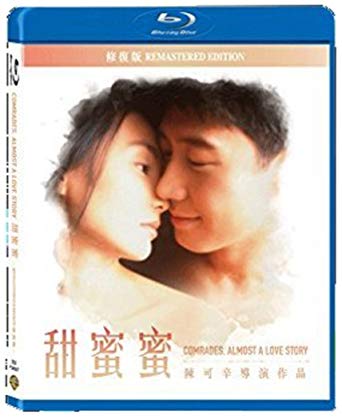
The cast of “Men on the Dragon” is very mixed; you have Francis Ng who is a very experienced film actor, then TVB actors (Kenny Wong and Nancy Wu), a stage actor (Chan-Leung Poon) and a new young actor (Tony). Can you tell us about this strange choice, and if that made it more challenging for you?
SC: I first contacted Francis Ng who agreed to do the film and then he chose all the others, even the little schoolgirl (his next-door neighbour in the film); she is the daughter of a producer of another film he was working in! For Tony, it was a different story. Originally, his character was another middle-aged scumbag who hated sport, but then I decided to change for the sake of variety and I was introduced to Tony by the production company (also producer of Tony's debut film “Weeds on Fire”) so in the end I re-wrote the character around Tony as he certainly doesn't look like someone who hates sport!
All the actors are very professional and in tune, despite the different backgrounds and during the reading of the script, they immediately understood what their characters required and the right expressions. All of them, even Tony who is a new actor but a good one, he won Best New Performer before (Weeds on Fire). I didn't have to do much, I just let them play and act and everything came together beautifully.
And Tony, how was for you? Did the cast intimidate you? Where they supportive of you?
Tony Wu : At first it was a bit intimidating working with these big and famous actors but we got to know each other during the reading of the script and so, when it came to the shooting it was very much fun; acting was like playing together, very pleasant and enjoyable. None of the experienced actors was actually teaching or coaching me but just by watching them and working with them I learned so much, from their attitude, their work. Even yesterday at the screening, re-watching the movie one more time, I noticed some minute gestures and movements of Francis Ng and I was very impressed. I am very grateful of this learning experience.
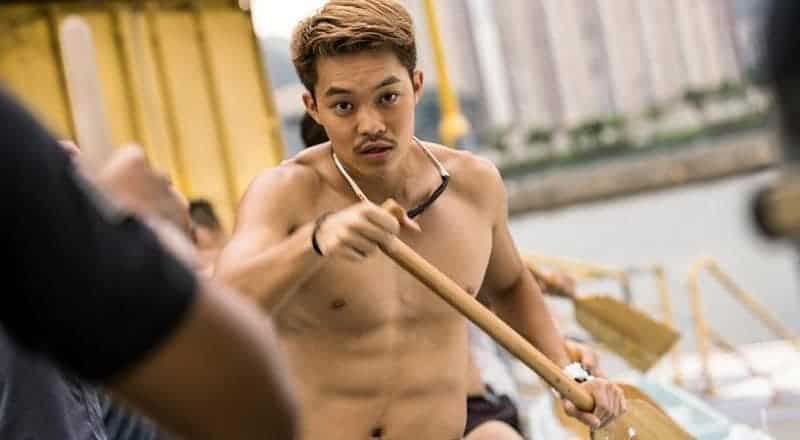
Talking about the actors, they all look very believable as Dragon racers! I was wondering how hard the physical training was. (They both laugh) Also, it doesn't look like you used any stuntmen; you can see it's them all the time! Was it difficult to achieve that?
SC: I will tell you a top-secret thing: the actual learning took only one afternoon (we all laugh)
Wow, is it really that easy??
SC: Well, it's a sport that you can learn quite easily. Dragon boat has a lot of the Hong Kong characteristics, because Hong Kong people like to improvise. The shooting schedule was arranged in the way that we filmed all the dragon racing part in the first 2 weeks, so during the shooting, they had a chance to practice a lot. In fact, although the actual race in the film lasts only a couple of minutes, it took two weeks of filming, so they had lots of rowing to do and they got better and better and in the end they looked quite “pro”. And yes, you are right, there are no stuntmen, we had three cameras on them for every shot to film them from every angle and it wouldn't have been possible with stuntmen. It was challenging also because there are no precedent films to learn from. It was a first.
I really enjoyed all the references to the “oldies” of Hong Kong Cinema, Chow Yun-fat, “A Better Tomorrow”, Andy Lau. It made me think a parallel between the characters of the movie having a mid-life crisis and Hong Kong Cinema going through a critical moment; both the men and the “heroic brotherhood” cinema, having a masculinity crisis. I wonder if you think that HK Cinema (like the characters in the film) needs to “find its beat and rhythm” and what that would be in your opinion?
SC: I do think Hong Kong Cinema needs to adjust its approach to both subjects and acting; productions need to make films about what they know very well and they actually really believe in, unlike many productions at the moment that are collaborating with mainland China that are trying to appeal to both Hong Kong and Chinese audiences and often end up creating not very good films. So I firmly believe that the localization of the stories and the context is the most important thing. You want to make a film that at least Hong Kong people completely recognize and relate to, so you need to believe in yourself and in what you are doing in the first place and then, when other audiences see it, they might find something good in it too. When I made “Men on the Dragon” I didn't have in mind other audiences or other markets I just wanted to make a film I believed in and I knew that Hong Kong people would understand and relate to. In a way it's a similar idea of the one in Indian movie industry. When they make a Bollywood movie they don't really care about what the rest of the world would think, they just make it. But if you make it really interesting, international audiences will find it interesting too. There is a Confucian proverb that more or less says: “Sort out you own home before reaching out to help others”. And Hong Kong is my home.

Where would you both like to direct your future efforts? Scriptwriter or director? Athlete or actor?
SC:It would be both for me, I will continue writing for other directors but I also want to write my own scripts and direct again. I truly enjoy both things.
TW: I will be focusing more on acting. I would like to do both, acting and training more as a baseball athlete but I find it really difficult to balance the two things and now that I am getting more and more acting work, it is really difficult to do serious training at the same time. Also, this new career as an actor is very rewarding, I am curious and I have so much to explore and learn so I would like to spend more time acting. But in the future, because baseball is where I came from, I would still like to make some sort of contribution to this sport.
Good luck then!



